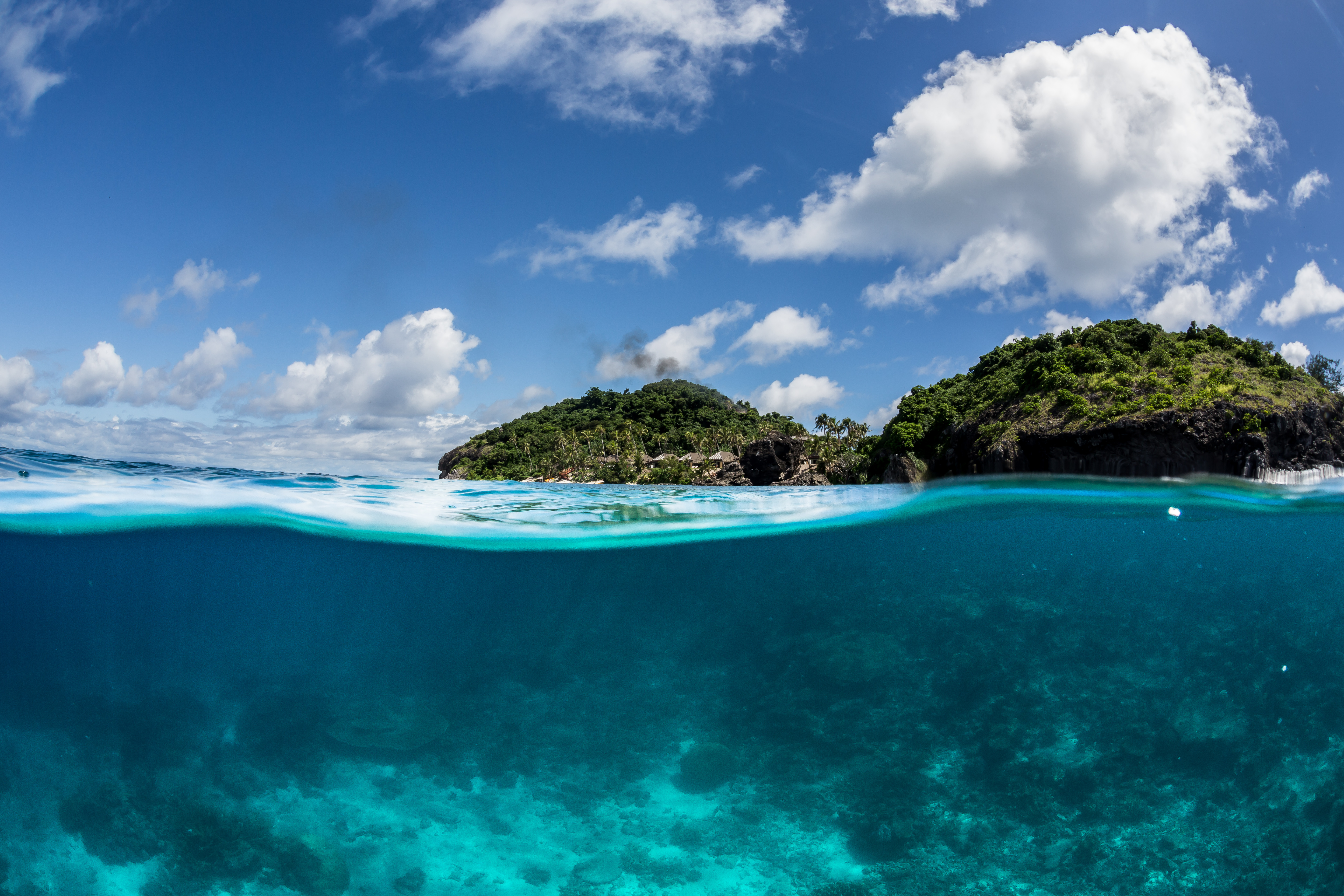

There are lots of confusing things happening next week at COP23 in Bonn, Germany: roughly four overlapping sets of policy negotiations, the usual brigade of acronyms, the likelihood that American cities will have a much more consequential diplomatic presence than their Department of State. But perhaps the most confusing thing is that it’s happening in Germany at all—especially given that this year’s host country is Fiji.
Since 1995, the United Nations Framework Convention on Climate Change has rotated which country will preside over its annual summit, and usually the presiding country also plays host. There’s a reason the U.N. rotates hosting duties: The climate concerns of a North African kingdom (Morocco, COP22) are different from those of its former colonial barons (France, COP21), and the concerns of an island nation like Fiji are very different from those of Germany. The noble idea behind the UNFCCC’s rotation is that, by seeing all these places firsthand, parties and observers will come to understand one another’s predicaments in a more sophisticated way—”Oh, we really do have common but differentiated needs, just as we have common but differentiated responsibilities!”
In the case of Fiji, its capital city, Suva, is simply too small to host a COP, and everything from its hotels to its roads would have shuddered under the weight of 25,000 negotiators and climate-watchers, so the UNFCCC decided to slate COP23 for Bonn, the seat of the U.N. climate secretariat, with Fijian Prime Minister Frank Bainimarama presiding. Pacific island states, then, will have a loud voice at the summit—but delegates from wealthier countries won’t get to see firsthand what the climate struggle is like when your home is literally set to disappear.
That’s where Pacific Standard comes in. We’re sending staff writer Kate Wheeling to Fiji for the next two weeks, where she’ll be telling big stories about the climate struggle in Pacific islands, from climate displacement and disaster preparedness to the cultural memory that Fijians are trying to preserve against a rising ocean. Kate’s reporting in Fiji will take her to the islands of Ovalau and Koro, where Fijians are still living in tents after Cyclone Winston in 2016; the town of Sigatoka, where women are resisting a river-dredging project that they say is threatening their livelihood; and the community of Korova, where locals make druas (ocean sailing boats) using traditional methods.
Not that we’ll be ignoring the goings-on in Bonn. Far from it: We’ll have contributors in the United States, Austria, and Germany reporting highlights from the next two weeks of diplomacy. Even though President Donald Trump pledged in July that he would withdraw the U.S. from the Paris Agreement, there will be a stripped-down U.S. delegation led by Thomas A. Shannon, the former ambassador to Brazil who in the past has stressed the urgency of mitigating the effects of climate change. (Shannon’s official brief from the White House is to seek better terms for the U.S. under the Paris Agreement—a fool’s errand that will likely sideline American diplomats while other countries hammer out details around transparency and implementation, looking ahead to 2018 and the UNFCCC’s preparation for a global stocktake.)
At last year’s summit in Marrakech, delegates from Pacific islands told me they had accepted that many of their home countries would be underwater within the decade, adding that this grim knowledge fueled every bit of their work. Pacific Standard‘s reporting in Fiji during COP23 will continue our tradition of giving readers the view from the global south, as a complement to the more comfortable views from Europe and the U.S., with the conviction that the plight of Pacific islands is a global problem—and that what’s coming for Fiji today is coming for the rest of us tomorrow.




